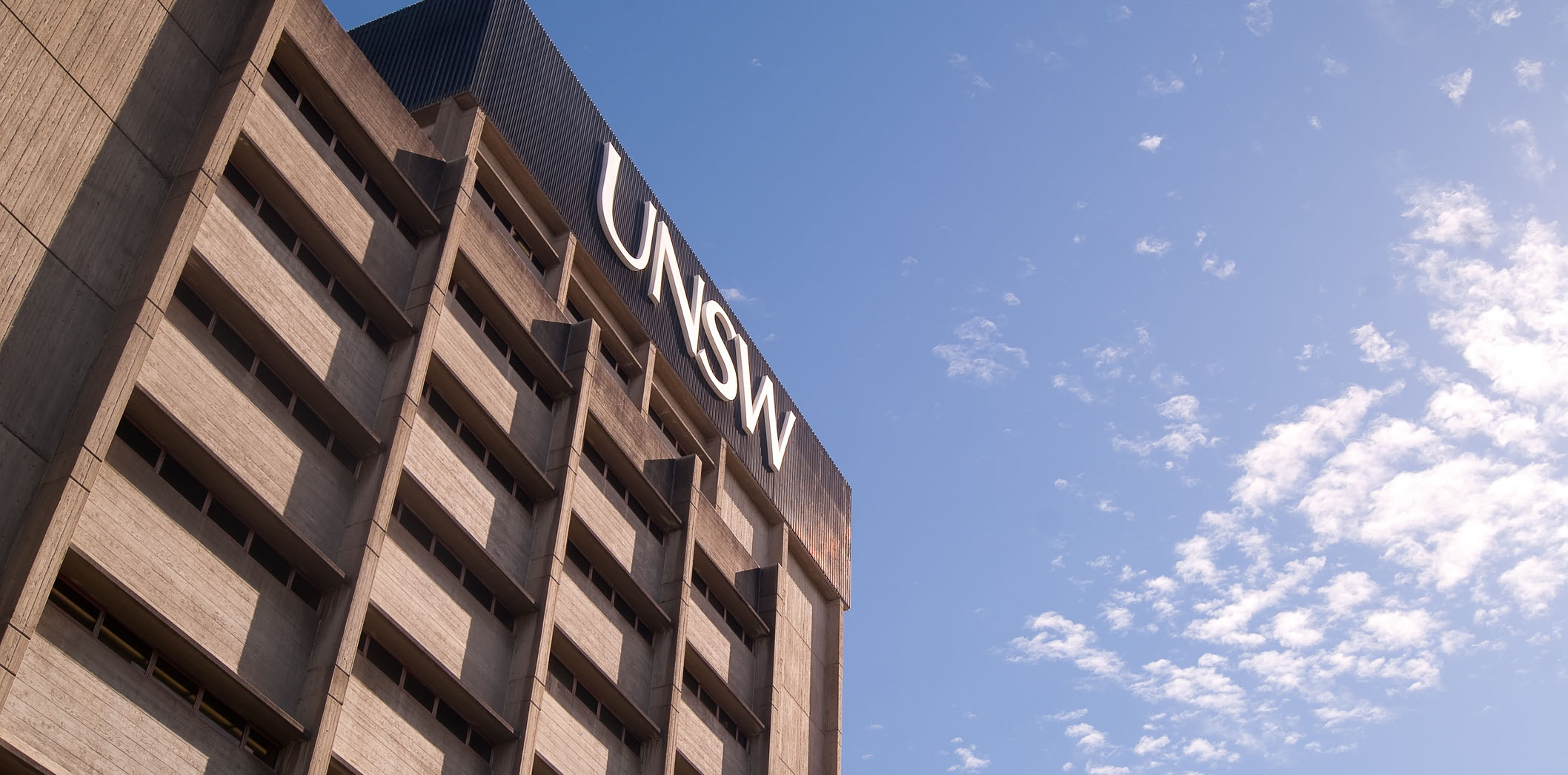UNSW is hosting the Cancer Immunology Ideas Forum, which will cover innovation in immunology and cancer.
UNSW hosted the inaugural Cancer Immunology Ideas Forum on Friday 21 May as a hybrid event that covered innovation in immunology and cancer.
Immune checkpoint inhibitors, CAR-T cells and other novel host-directed therapies are revolutionising the treatment of malignancies, positively impacting people living with cancer.
However, it’s only the beginning for what promises to be a fast-moving field.
The forum is being co-chaired by Dr Sarah Sasson (The Kirby Institute) and Dr Orazio Vittorio (Children’s Cancer Institute Australia).
The keynote address from Dr Ines Silva (Melanoma Institute Australia) will provide an overview of immunotherapy and lessons learned from the field of melanoma.
The closing remarks from Dr Paul Beavis (Peter MacCallum Cancer Centre) will cover novel CAR-T therapies and a blueprint for future translational research.
In between will be a combination of formal lectures from research leaders from across Sydney, interactive panels and workshops.
This promises to be a day of collegiality and collaboration for those working on this frontier of medicine.
More information here.
Q&A

Dr Paul Beavis
Fundamental cancer researcher and immunologist
Peter MacCallum Cancer Centre
Q: What have been the biggest changes in your field over the past 10 years?
A: The FDA approval of anti-CD19 chimeric antigen receptor (CAR) T cells in 2017 was a landmark moment that confirmed the arrival of cellular therapies as a bona fide treatment for cancer. Whilst this potential is yet to be realised in solid tumours, there are significant reasons for optimism. Improvements in our understanding of the requirements to generate CARs, as well as the molecular factors driving exhaustion have helped improve manufacturing protocols.
Q: What innovations in your field are really exciting and important?
A: The technologies to engineer CAR T continue to become more sophisticated. Approaches such as CRISPR, transposons, switch receptors and suicide switches enable almost endless possibilities to generate safer and more effective CAR T.
Q: What will your talk cover at this event?
A: My closing remarks will give an overview of the CAR T cell work performed in my laboratory, tackling what we see are the major issues for CAR T in solid tumours, trafficking, persistence/ exhaustion and tumour antigen heterogeneity. I will also provide my perspective on the importance of collaboration both within academia and with pharma.
Q: Why do you think oncologists might find this event useful or interesting?
A: Cancer Immunotherapy is a rapidly expanding field and likely to become even more prominent in cancer therapy in the future, both in terms of the numbers of cancers that can be effectively treated and becoming an established frontline treatment in more cases. Dr Vittorio and Dr Sasson have put together a fantastic line up of speakers encompassing the leaders of this field. It is a great opportunity to see a snapshot of the innovative therapies currently being developed here in Australia.
Dr Paul Beavis completed his PhD at Imperial College London in 2010 and joined Peter Mac shortly thereafter to work in the Cancer Immunology Program. He formed an independent research group in 2018, where his team is focused on the development of novel cancer immunotherapies. His team consists of two post-doctoral researchers, 2 research assistants and six PhD students.
His team has a significant interest in developing novel CAR T cell technology to enhance their effectiveness in solid cancer, guided by the philosophy that engagement of host immunity is key for effective responses. Their work has been published in leading journals including Nature Immunology, The Journal of Clinical Investigation and Nature Communications. He is a fundamental cancer researcher and immunologist but his work clearly has a strong translational focus and his collaborative research studies with industry partners and clinicians have provided the foundation for clinical application of his work.
Paul holds a Mid-Career Fellowship from the Victorian Cancer Agency and his work is supported by funding from Cancer Australia, NBCF and Cancer Council Victoria.


